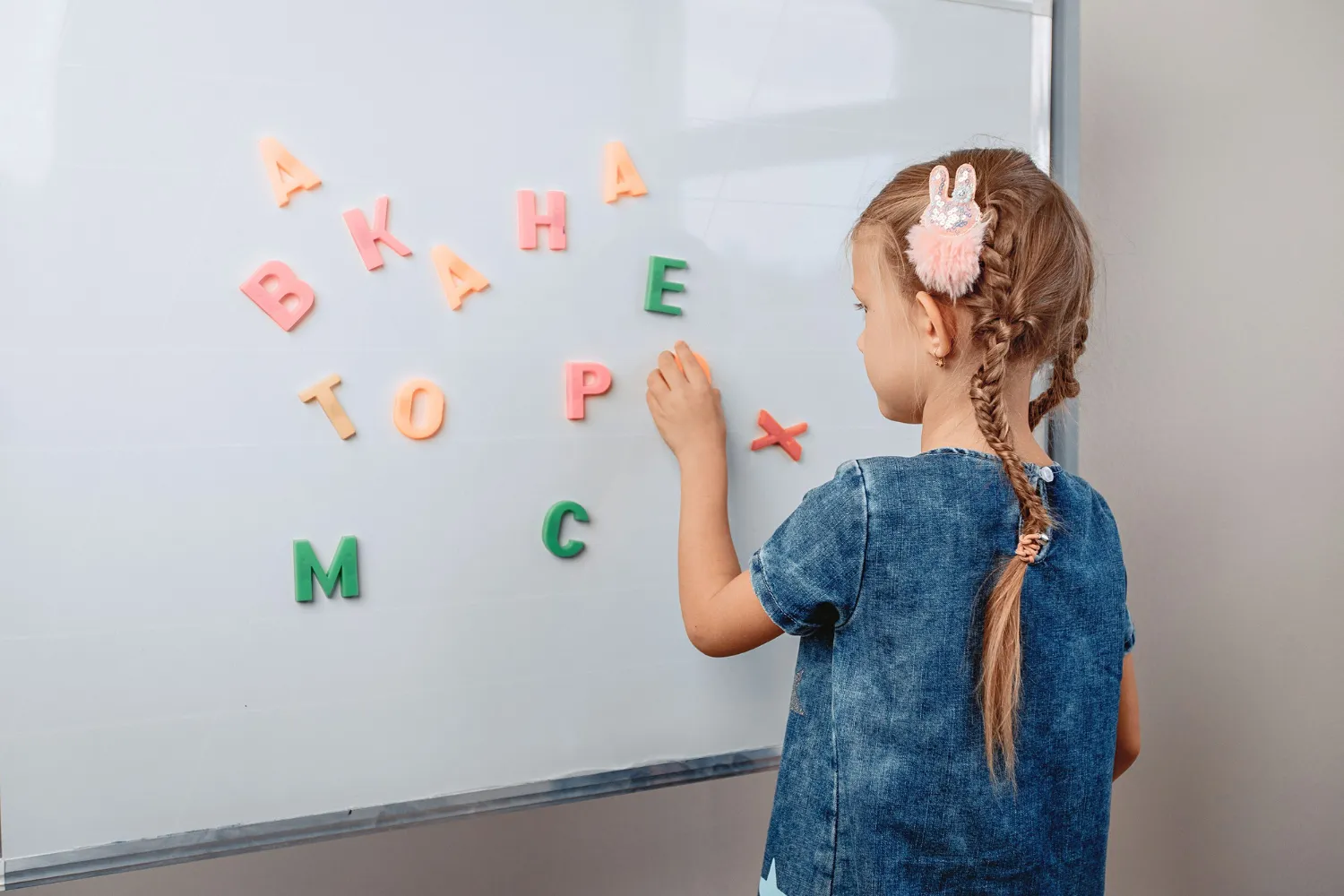Vocabulary Building: How to help children increase their knowledge of words

Vocabulary Building: How to help children increase their knowledge of words
A rich and varied knowledge of vocabulary is vital for strong communication skills and is known to improve reading comprehension and overall academic success. Parents can have an enormous impact on their children’s vocabulary by reading to them, engaging in conversation and using a diverse range of words themselves.
1. Read books
Read regularly to your children and use this time as a springboard to engage them in conversation. Books are an easy way to expose children to more advanced vocabulary in interesting contexts. It’s best to read beyond the level of your child’s own reading skill as this will introduce them to new concepts and higher order language.
Talk about the unfamiliar words you come across as you read. Explain what these words mean and if there are pictures, refer to these to further develop your child’s understanding. As you read, you can link events and words in the story to events in your child’s own experience, helping to enrich their understanding of new words. You could even try to add in your own interesting vocabulary. For example, if you read Julia Donaldson’s ‘The Detective Dog,’ you could talk about a time your child lost something and they had to ‘investigate’ in order to find it. Try to use these new words at other times throughout the day.
2. Use specific, varied and interesting words
We tend to focus on naming words but verbs (action words) and adjectives (describing words) are so important in order to build a rich vocabulary. Try to use specific words that may catch your child’s interest. Instead of ‘hungry,’ introduce your child to the word ‘famished.’ Instead of ‘silly,’ try ‘absurd.’ Encourage your child to think of other words that might mean the same thing.
During play and everyday activities, use a variety of verbs to describe your own and your child’s actions. At the playground, instead of ‘jump,’ try ‘bounce,’ ‘leap,’ ‘bound,’ or ‘spring.’ When you’re cooking, use words like ‘bake,’ ‘fry,’ ‘simmer,’ and ‘whisk.’ The more words your child is exposed to, the more they will understand and the more likely they will be to add new words to their expressive vocabulary.
3. Use new words in context
It’s important to introduce new words in context to help your child gain a full understanding of their meaning. Make use of family excursions, like a trip to the museum, to discuss new words that your child encounters. Chat about what you see on a bushwalk. If you come across wild flowers, talk about other things that could be described as ‘wild.’ Help your child to understand that certain words, like ‘wild,’ have more than one meaning. Linking vocabulary to meaningful experiences will give children a more robust understanding of words.













.webp)















